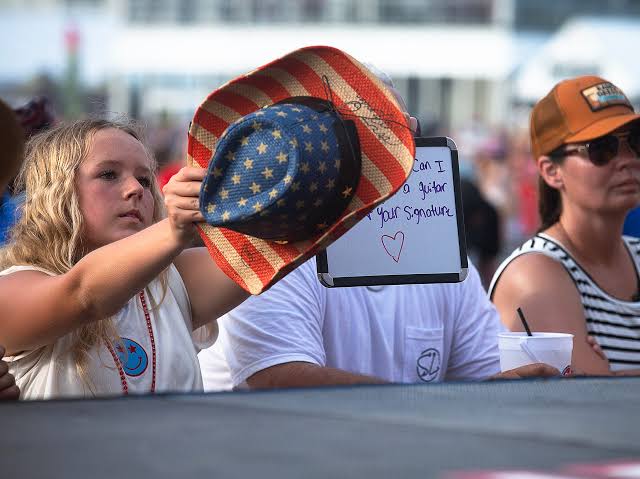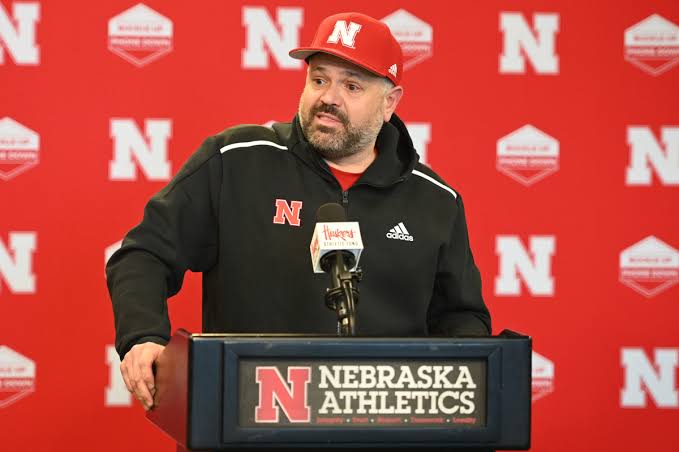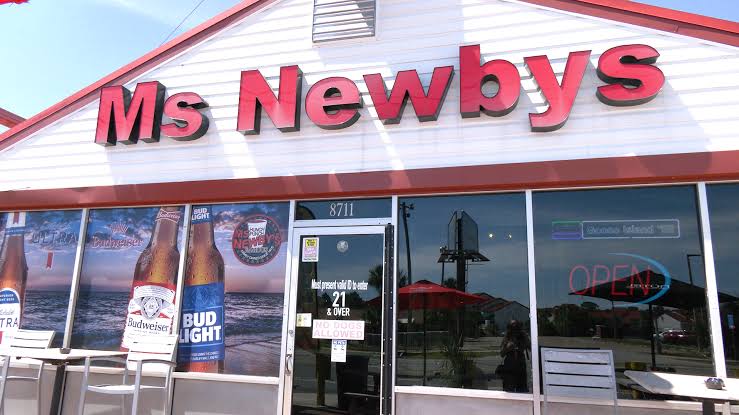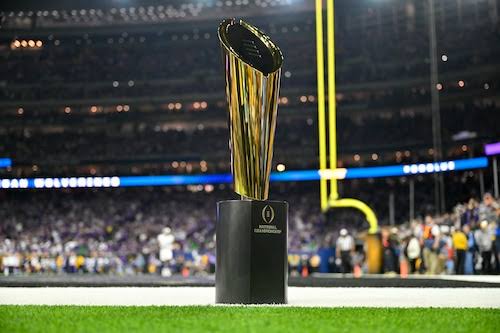
Mystery Girl” by Roy Orbison at 30: Alex Orbison Considers His Father’s Final Record…
Roy Orbison died unexpectedly while visiting his mother in Hendersonville, He was only 52.
A month before his passing, the man hailed as “the Caruso of Rock ‘n Roll” had finished work on his first studio album of new material since 1979. Entitled Mystery Girl, the all-star-assisted LP was the crescendo of a four-year-long comeback which found him jamming, recording and revisiting his iconic songbook of dark post doo-wop pop with such contemporary giants as Bruce Springsteen, Tom Waits, Jackson Browne and the four men with whom he would form the greatest supergroup of the Reagan age. His music was introduced to a whole new generation not only thanks to his invincible union with Bob Dylan, George Harrison, Jeff Lynne and Tom Petty as the Traveling Wilburys, but also through lifelong fan David Lynch employing the singer’s 1963 hit “In Dreams” for the director’s 1986 cult noir masterpiece Blue Velvet.
Mystery Girl was recorded nearly in parallel to the first Wilburys album Vol. 1, and featured a generation-defying host of guests both playing and penning songs for the singer, including Bono and the Edge (who wrote the haunting “She’s A Mystery To Me,” which they play in concert occasionally), Steve Cropper, Diane Warren, The Memphis Horns, Petty’s Heartbreakers and fellow Wilburys Harrison and co-producer Lynne, yielding the top 10 Billboard Hot 100 hit “You Got It” and nine other beautifully crafted tunes culminating in what’s considered the best album of his career.
Orbison’s three sons, Wesley, Alex and Roy Jr., were all in their teens during this time. And while this period is undoubtedly a heavy one for the trio lovingly dubbed Roy’s Boys, in 2014 the sons revisited that era with a definitive deluxe edition of the album for its 25th anniversary, complete with rare demos of such LP highlights as “California Blue” and “Windsurfer” (co-written with “Pretty Woman” songwriter Bill Dees) and a star-studded documentary on the making of Mystery, capturing the story of how this resilient family turned tragedy into triumph.
With today (Jan. 31) being the 30th anniversary of Mystery Girl‘s release, Billboard spoke with Alex Orbison about his memories and recollections of this period. Here are nine key takeaways from the conversation.
Moving to California helped save Roy Orbison’s life.
Roy became such a recluse following the time of his first heart attack in 1978. He had tried to stage a comeback then, but his business wasn’t functioning the way it should have, and he wound up having a falling out with his manager at the time and there was a lawsuit. All that was settled in 1984, around the same time my mom quit drinking, which culminated with us moving to California and my dad trying to shed his reclusive skin and started to put himself out there. People wanted very much to do stuff with him. One of the first things he did was a celebration of his career in New York, and CBS was there to film it. From there, they asked if they could sit in on some of the recording sessions he was doing at the time. They were so fired up that Roy Orbison was back.








